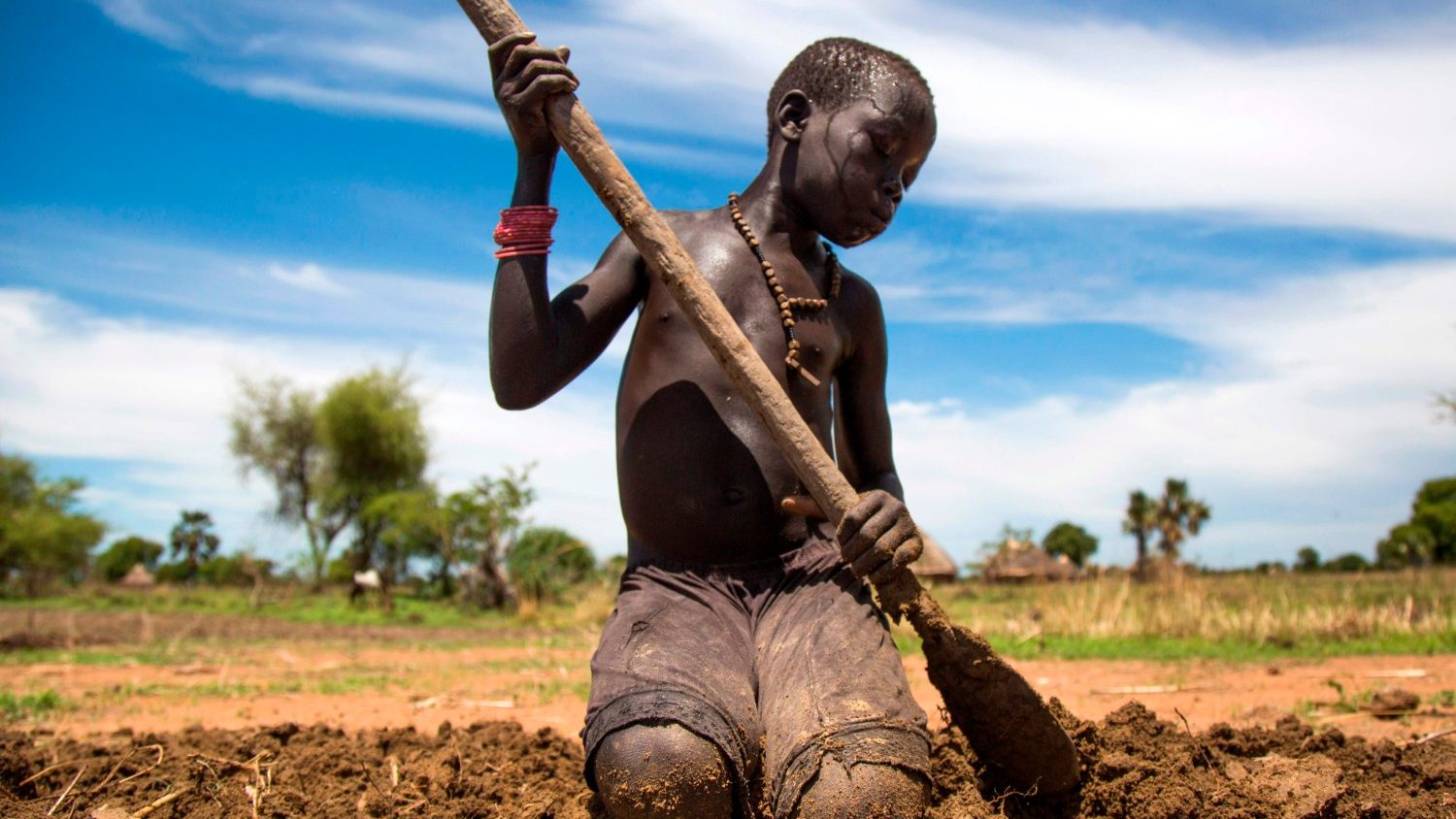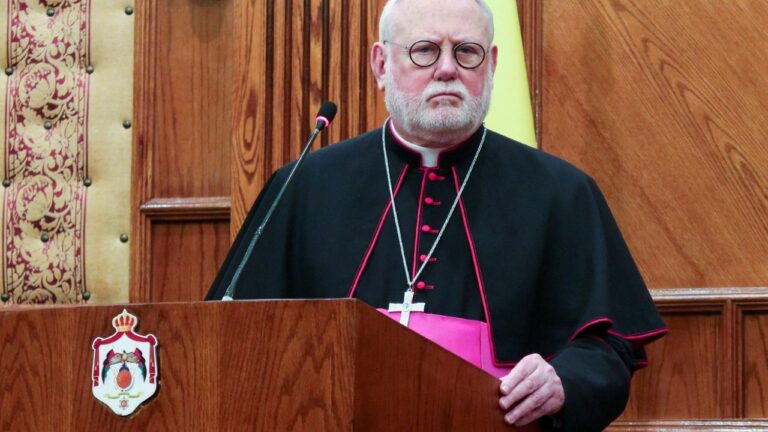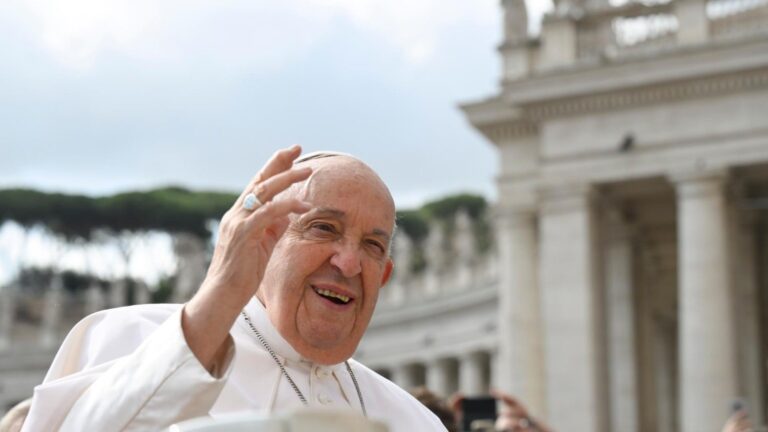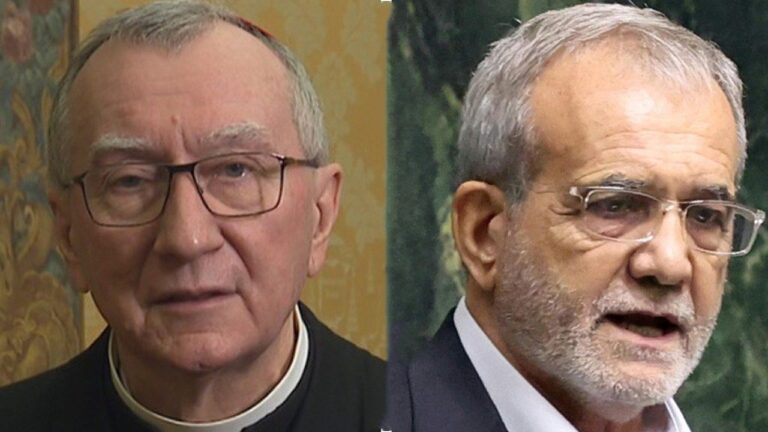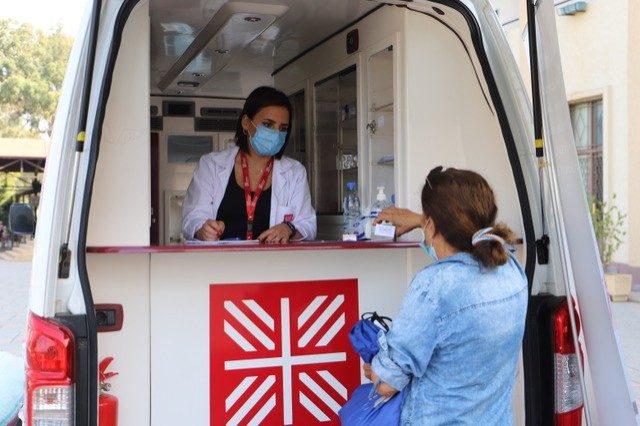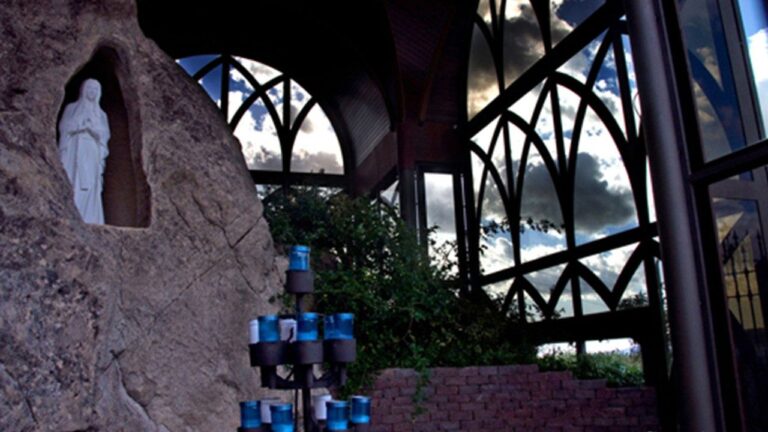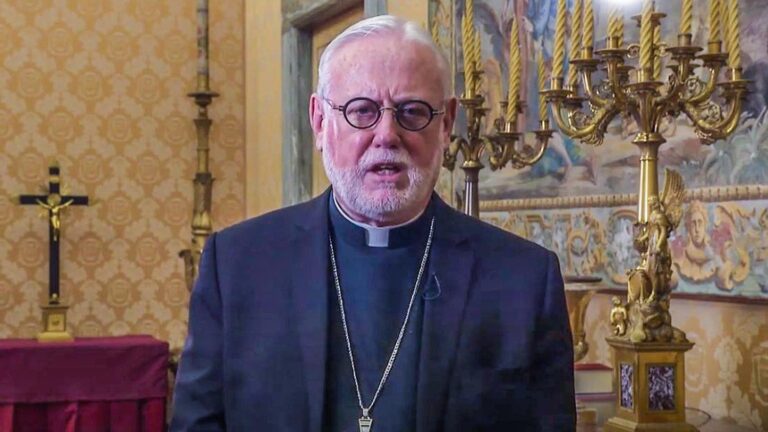African faith leaders join pleas for Jubilee debt forgiveness
Vatican news
African Christian and Muslim religious leaders issue joint statement to G20, G7, United Nations, IMF and World Bank calling for debt relief for Africa ahead of Jubilee of Hope in 2025.
By Lisa Zengarini
As the 2025 Jubilee Year approaches, African religious leaders are joining growing calls for a new round of debt cancellation for Africa, saying debt servicing is once again making it impossible for poorer nations to support their people through investments in health, education and social services.
Representatives of Christian churches, the Muslim community, national councils of churches and interfaith councils from 13 African countries met last week in Kigali, Rwanda, to discuss this crucial issue to which Pope Francis has also drawn attention on several occasions.
In a joint statement Addressing the G20, G7, United Nations, IMF and World Bank, they called for substantial changes in the global economic system to enable these nations to develop and invest in social, health and education services for their populations.
Africa to spend $90 billion on public debt servicing in 2024
“Our countries are once again facing stark choices between spending and investing in their people and paying their creditors,” the statement said, noting that “this year alone, Africa will spend US$90 billion servicing its public debt” while “the average African country’s combined spending on health, education and social protection accounts for two-thirds of its debt repayments.”
Jubilee 2000 Debt Reduction Campaign a Success
The religious leaders recalled the successful campaign led by faith communities and activists in the run-up to the Great Jubilee of 2000, which resulted in the largest collective debt relief initiative ever. The idea was inspired by the biblical 50-year Jubilee of ancient Israel, which the Catholic Church celebrates every 25 years as a time of spiritual renewal dedicated to forgiveness and reconciliation with God and others.
The Jubilee 2000 initiative mobilized US$130 billion in debt relief, enabling significant investments in poverty reduction in several countries.
“Unfortunately,” the statement noted, “inequities in international fiscal, financial and trade systems, as well as gaps in national governance, continue to fuel unsustainable debt.” The religious leaders noted that these financial challenges have been compounded by conflict and war, among other “multiple shocks,” including the COVID-19 pandemic and climate change.
Putting People and Earth Above Debt
The religious leaders are therefore urging global lenders to align their actions and decisions in the coming months with Jubilee values “which place people and Earth above debt.”
The declaration first calls for “cancelling unpayable debts without jeopardizing the achievement of the United Nations 2030 development and climate goals.”
Developing countries should have access to permanent, rules-based and predictable processes that require all creditors to reduce their debt, the religious leaders said, “to limit unnecessary suffering and reduce the cost of crises for all.”
They also call for the implementation of responsible principles in lending and borrowing: “Through laws, regulations and good practices, lenders and borrowers have a role to play in preventing the emergence of new cycles of unnecessary and unsustainable debt, including through authorisation and disclosure regimes for debt contracts,” they say. There is also a need to integrate risk sharing between creditors and debtors into debt contracts: “In a world more exposed to shocks, indebted developing countries should not be left alone to bear the costs of climate-related disasters, pandemics and other events beyond their control,” the religious leaders note.
Finally, the declaration calls for expanding access to resources for development on affordable terms and without creating debt.
The international community has a responsibility to act
The religious leaders concluded their statement by reminding the international community that it stands at a crossroads: “You have the power and the responsibility to guide it on the path that restores hope and renewal,” they said.
Vatican news
sc
